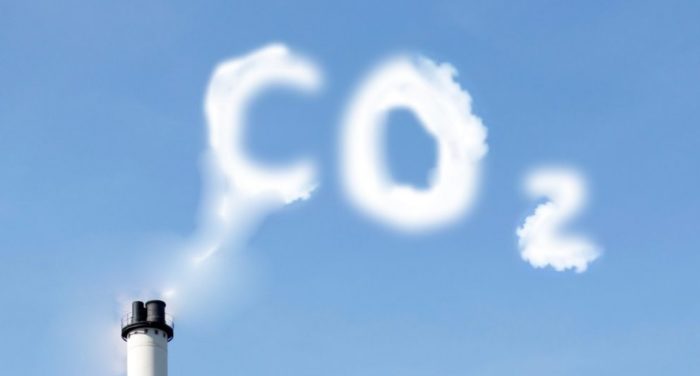Trident Seafoods Corporation has agreed to limit emissions of ozone-depleting substances from refrigeration equipment on its ships, under a proposed settlement with the US Environmental Protection Agency and US Department of Justice to resolve alleged violations of the Clean Air Act.
According to the settlement, Trident will now spend up to $23 million to decrease coolant leaks from refrigerators and other equipment, use alternative refrigerants, and enhance company-wide compliance. The company will also pay a $900,000 civil penalty.
[smlsubform prepend=”GET THE SAFETY4SEA IN YOUR INBOX!” showname=false emailtxt=”” emailholder=”Enter your email address” showsubmit=true submittxt=”Submit” jsthanks=false thankyou=”Thank you for subscribing to our mailing list”]
Moreover, Trident will retrofit or retire 23 refrigeration appliances used on 14 marine vessels to use an alternative refrigerant that does not damage the ozone layer compared to typical refrigerants. The company will retrofit nine of these appliances as part of a Supplemental Environmental Project. Due to the retrofits, about 100,000 pounds of harmful refrigerant will be removed from use, and future leaks will not damage the ozone layer.
Trident also pledged to carry out routine leak inspections of all appliances, repair leaks in a timely manner, install leak detectors to monitor appliances for leaks, add fluorescent dye into appliances to assist staff in detecting leaks, compile information to assist in identifying common failure points on appliances, and train employees to properly manage the appliances. In addition, the settlement includes a corporate-wide refrigerant leak cap and requires Trident to keep a 3rd-party auditor to review its compliance with the consent decree and regulations.
The Clean Air Act’s National Recycling and Emission Reduction Program governs the management of ozone-depleting substances and implements the US’s mandates under the 1991 Montreal Protocol on Substances that Deplete the Ozone Layer.
As the US EPA informed, between 2009 and 2016, Trident breached these regulations on numerous cases. Trident had also failed to establish adequate servicing and compliance records on at least 289 occasions. Furthermore, the company occasionally used uncertified technicians to conduct work on refrigerant equipment and used insufficient refrigerant recovery equipment.































































